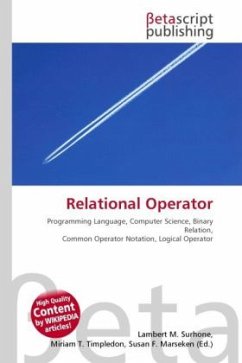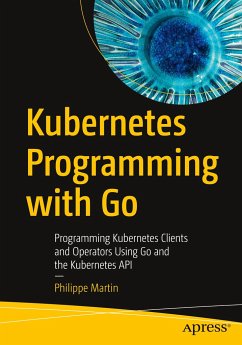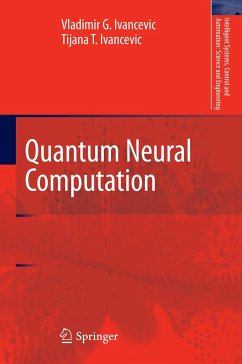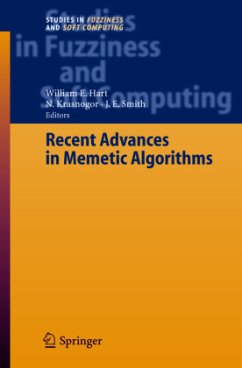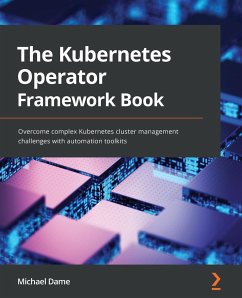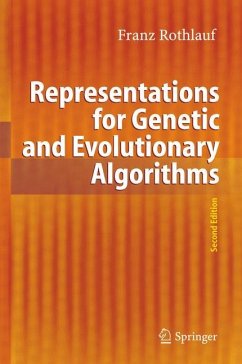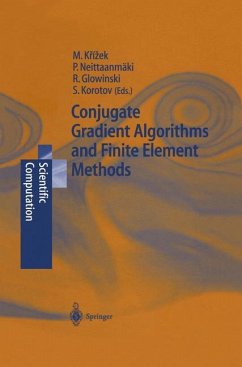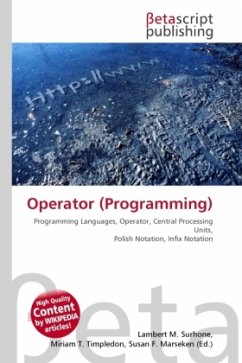
Operator (Programming)
Versandkostenfrei!
Versandfertig in 6-10 Tagen
19,99 €
inkl. MwSt.

PAYBACK Punkte
10 °P sammeln!
High Quality Content by WIKIPEDIA articles! Programming languages generally support a set of operators that are similar to operators in mathematics. A language may contain a fixed number of built-in operators (e.g. + - = in C and C++), or it may allow the creation of programmer-defined operators (e.g. Haskell). Some built-in operators supported by a language have a direct mapping to a small number of instructions commonly found on central processing units, though others (e.g. '+' used to express string concatenation) may have complicated implementations. The specification of a language will sp...
High Quality Content by WIKIPEDIA articles! Programming languages generally support a set of operators that are similar to operators in mathematics. A language may contain a fixed number of built-in operators (e.g. + - = in C and C++), or it may allow the creation of programmer-defined operators (e.g. Haskell). Some built-in operators supported by a language have a direct mapping to a small number of instructions commonly found on central processing units, though others (e.g. '+' used to express string concatenation) may have complicated implementations. The specification of a language will specify the precedence and associativity of the operators it supports.




